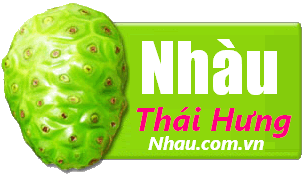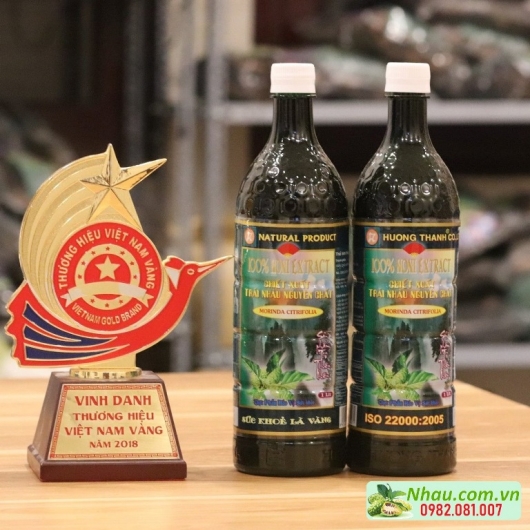 Nước cốt nhàu nguyên chất Hương Thanh - Hỗ trợ đau nhức xương khớp, huyết áp cao, tiểu đường, suy giãn tĩnh mạch ...
Nước cốt nhàu nguyên chất Hương Thanh - Hỗ trợ đau nhức xương khớp, huyết áp cao, tiểu đường, suy giãn tĩnh mạch ...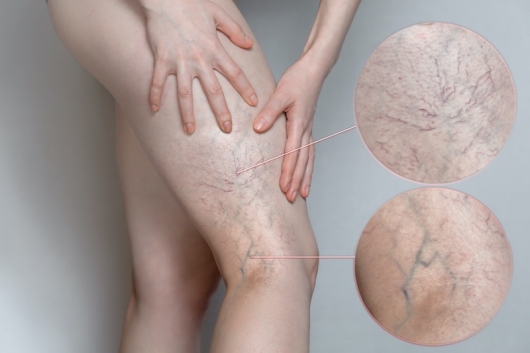 Trị suy giãn tĩnh mạch với bài thuốc từ trái nhàu (noni) hiệu quả ít tác dụng phụ
Trị suy giãn tĩnh mạch với bài thuốc từ trái nhàu (noni) hiệu quả ít tác dụng phụ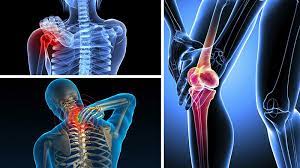 Tạm biệt cơn đau nhức xương khớp với Nước Cốt Nhàu Tự Nhiên Hương Thanh
Tạm biệt cơn đau nhức xương khớp với Nước Cốt Nhàu Tự Nhiên Hương Thanh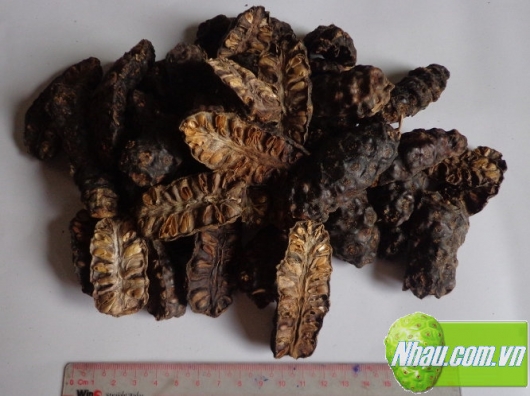 Trái nhàu khô - Công dụng của trái nhàu khô (noni fruit) với những căn bệnh mãn tính
Trái nhàu khô - Công dụng của trái nhàu khô (noni fruit) với những căn bệnh mãn tính Nước cốt nhàu Hương Thanh [1 thùng 10 chai] - Tiêu chuẩn ISO & Cúp vàng thương hiệu Việt 2018
Nước cốt nhàu Hương Thanh [1 thùng 10 chai] - Tiêu chuẩn ISO & Cúp vàng thương hiệu Việt 2018- + Xem thêm
- Khách đang online: 29
- Truy cập hôm nay: 273
- Lượt truy cập: 2526864
- Số trang xem: 2912303
- Tổng số danh mục: 40
- Tổng số sản phẩm: 46
Noni Overview Information
Noni Overview Information
Noni is a small evergreen tree in the Pacific Islands, Southeast Asia, Australia, and India that often grows among lava flows. Historically, noni was used to make a red or yellow dye for clothing. It was also used as medicine, usually applied to the skin.
Today, noni fruit, leaves, flowers, stems, bark, and roots are still used to make medicine for a long list of ailments. However, the effectiveness of noni for these uses has not been proven. A study of noni freeze-dried fruit extract is underway at The National Center for Complementary and Alternative Medicine, but the results are not yet in. In the meantime, the FDA has issued multiple warnings to noni manufacturers about health claims that aren’t backed up by fact.
People take noni by mouth for colic, convulsions, cough, diabetes, painful urination, stimulating menstrual flow, fever, liver disease, constipation, vaginal discharge during pregnancy, malarial fever, and nausea. It is also used for smallpox, enlarged spleen, swelling, asthma, arthritis and other bone and joint problems, cancer, cataracts, colds, depression, digestive problems, and gastric ulcers. Other uses include high blood pressure, infections, kidney disorders, migraineheadache, premenstrual syndrome, stroke, pain, and sedation.
The fruit juice is used for arthritis, diabetes, high blood pressure, muscle aches and pains, menstrual difficulties, headaches, heart disease, AIDS, cancers, gastric ulcers, sprains, depression, senility, poor digestion, atherosclerosis, circulation problems, and drug addiction.
The leaves have been used in medicines for rheumatic aches and swelling of the joints, stomachache, dysentery, and swelling caused by a parasitic infection called filariasis. The bark has been used in a preparation to aid childbirth.
Noni is sometimes applied to the skin. It is used as a moisturizer and to reduce signs of aging. The leaves are used for arthritis by wrapping around the affected joint; for headache by applying to the forehead; and for burns, sores, and wounds by direct application. A mixture of leaves and fruit is applied to pockets of infection (abscesses), and preparations of the root are used on stonefish and sting-ray wounds, and as a smallpox salve.
In foods, the fruits, leaves, roots, seeds, and bark are eaten.
The smell and taste of some Noni fruit and juice are unpleasant.
How does it work?
Noni contains many substances, including potassium. Some of these substances might help repair damaged cells in the body, activate the immune system, and have other activities.
Noni Uses & Effectiveness
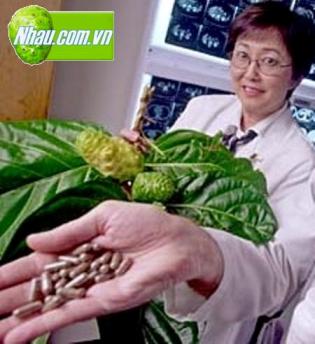
Insufficient Evidence for:
-
Colic.
-
Seizures.
-
Cough.
-
Diabetes.
-
Urinary problems.
-
Menstrual problems.
-
Fever.
-
Liver problems.
-
Constipation.
-
Vaginal discharge.
-
Nausea.
-
Smallpox.
-
Enlarged spleen.
-
Kidney disorders.
-
Swelling.
-
Asthma.
-
Bone and joint problems.
-
Cancer.
-
Eye cataracts.
-
Colds.
-
Depression.
-
Digestion problems.
-
Stomach ulcers.
-
Heart trouble.
-
High blood pressure.
-
Infections.
-
Migraine.
-
Stroke.
-
Pain.
-
Reducing signs of aging.
-
Other conditions.
More evidence is needed to rate noni for these uses.
Noni Side Effects & Safety
Noni is POSSIBLY SAFE when taken in food amounts. But there is concern that taking noni in medicinal amounts is POSSIBLY UNSAFE. Noni tea or juice might cause liver damage in some people. There are several reports of liver damage in people who drank noni tea or juice for several weeks. But it is not known for certain if noni was the cause.
Special Precautions & Warnings:
Pregnancy and breast-feeding: Don’t take noni if you are pregnant. Historically, noni has been used to cause abortions. It’s also best to avoid noni if you are breast-feeding. Not enough is known about the safety of taking noni during breast-feeding.
Kidney problems: Noni contains large amounts of potassium. This can be a problem, especially for people with kidney disease. There is one report of a person with kidney disease developing high levels of potassium in the blood after drinking noni juice. Don’t use noni if you have kidney problems.
Liver disease: Noni has been linked to several cases of liver damage. Avoid using noni if you have liver disease.
Noni Interactions
Moderate Interaction Be cautious with this combination
-
Medications for high blood pressure (ACE inhibitors) interacts with NONI
Some medications for high blood pressure can increase potassium levels in the blood. Consuming noni juice along with these medications for high blood pressure might cause too much potassium in the blood.
Some medications for high blood pressure include captopril (Capoten), enalapril (Vasotec), lisinopril (Prinivil, Zestril), ramipril (Altace), and others. -
Medications for high blood pressure (Angiotensin receptor blockers (ARBs)) interacts with NONI
Some medications for high blood pressure can increase potassium levels in the blood. Consuming noni juice along with these medications for high blood pressure might cause too much potassium to be in the blood.
Some medications for high blood pressure include losartan (Cozaar), valsartan (Diovan), irbesartan (Avapro), candesartan (Atacand), telmisartan (Micardis), eprosartan (Teveten), and others. -
Medications that can harm the liver (Hepatotoxic drugs) interacts with NONI
Noni might harm the liver. Taking noni along with medication that might also harm the liver can increase the risk of liver damage. Do not take noni if you are taking a medication that can harm the liver.
Some medications that can harm the liver include acetaminophen (Tylenol and others), amiodarone (Cordarone), carbamazepine (Tegretol), isoniazid (INH), methotrexate (Rheumatrex), methyldopa (Aldomet), fluconazole (Diflucan), itraconazole (Sporanox), erythromycin (Erythrocin, Ilosone, others), phenytoin (Dilantin), lovastatin (Mevacor), pravastatin (Pravachol), simvastatin (Zocor), and many others. -
Warfarin (Coumadin) interacts with NONI
Warfarin (Coumadin) is used to slow blood clotting. Taking noni juice might decrease how well warfarin (Coumadin) works to slow blood clotting. This could increase the chance of blood clotting.
-
Water pills (Potassium-sparing diuretics) interacts with NONI
Noni contains large amounts of potassium. Some "water pills" can also increase potassium levels in the body. Taking some "water pills" along with noni might cause too much potassium to be in the body.
Some "water pills" that increase potassium in the body include amiloride (Midamor), spironolactone (Aldactone), and triamterene (Dyrenium).
Noni Dosing
The appropriate dose of noni depends on several factors such as the user's age, health, and several other conditions. At this time there is not enough scientific information to determine an appropriate range of doses for noni. Keep in mind that natural products are not always necessarily safe and dosages can be important. Be sure to follow relevant directions on product labels and consult your pharmacist or physician or other healthcare professional before using.



